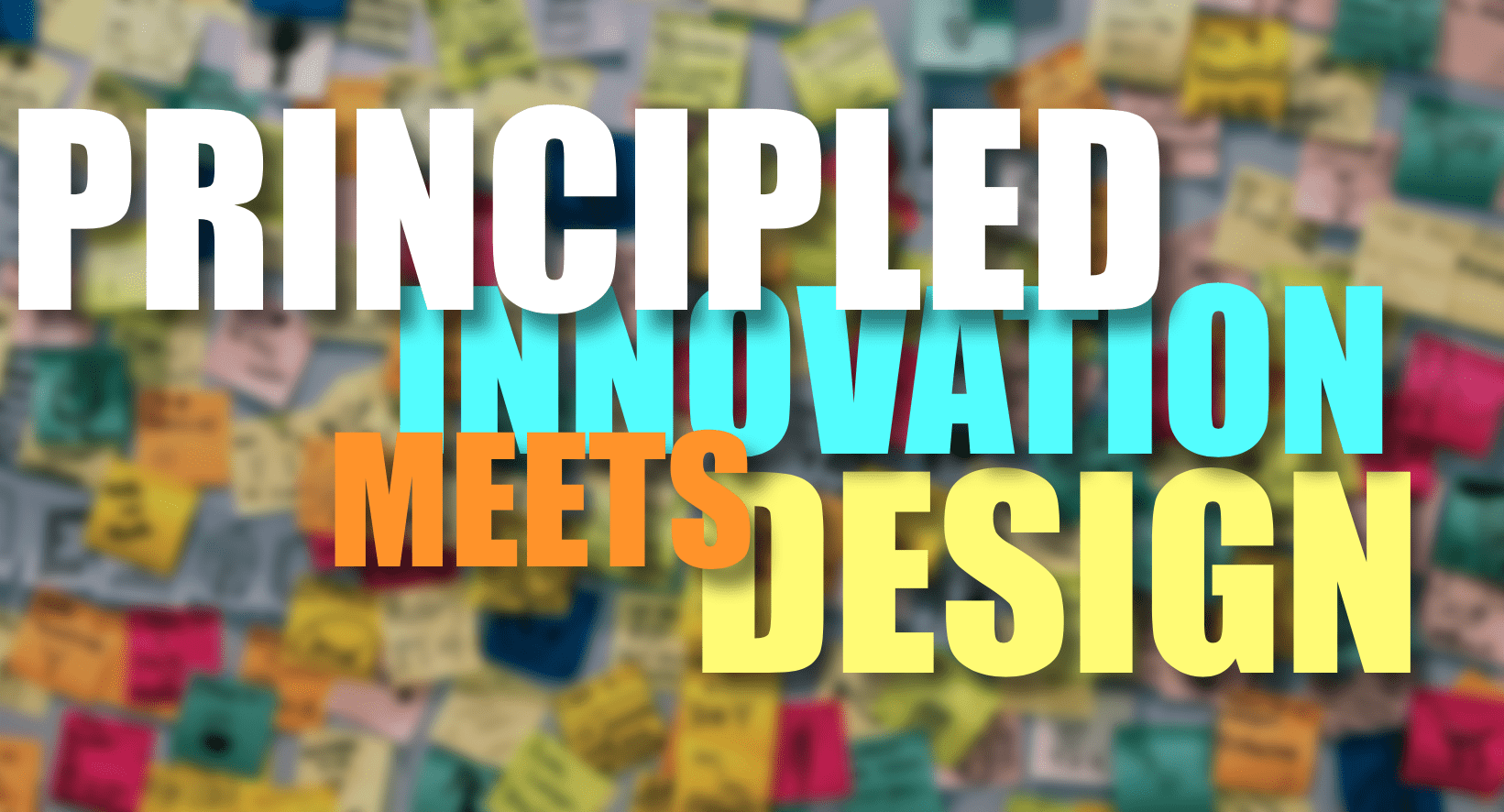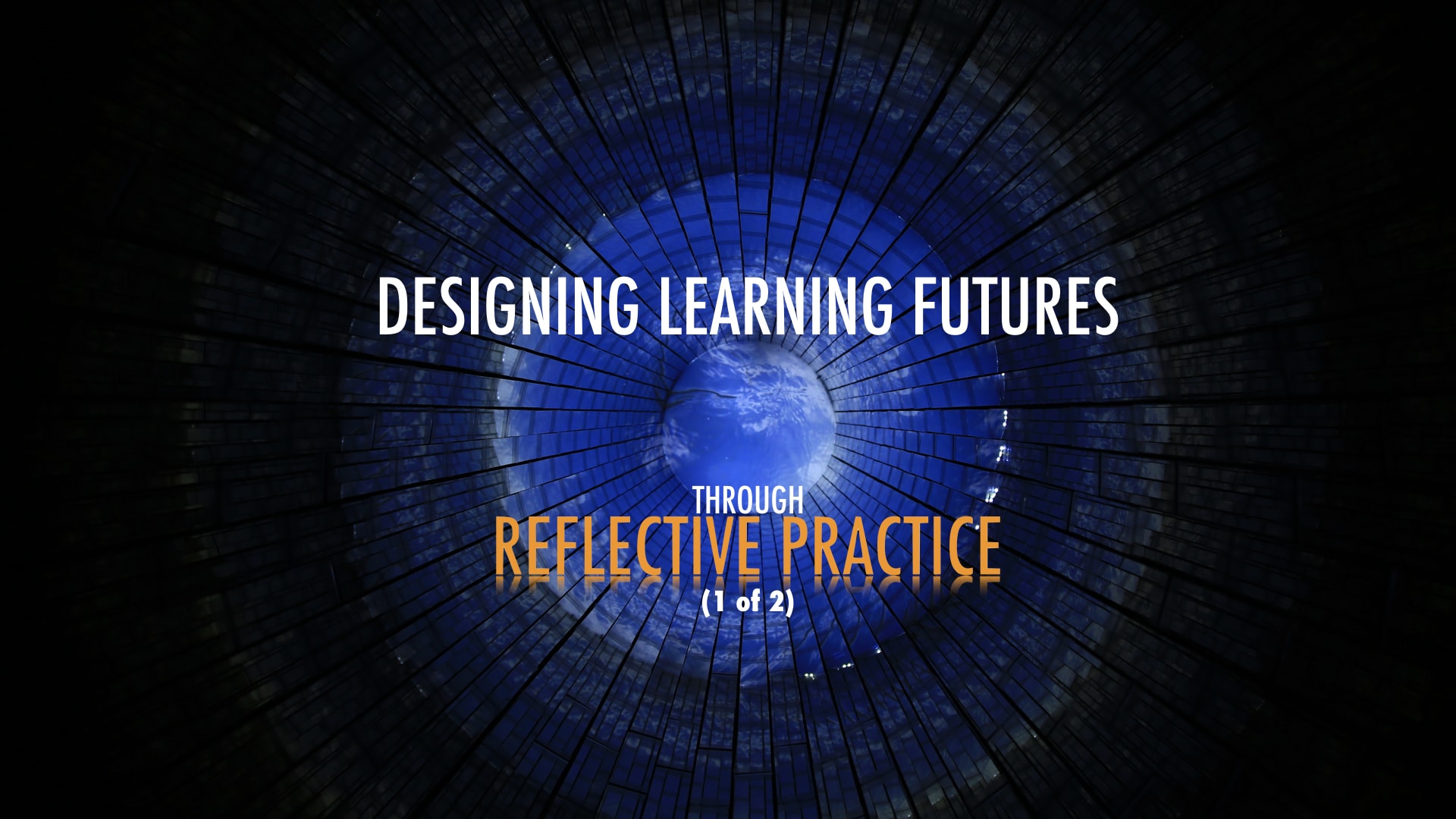Reuters story titled Technology reshapes America’s classrooms. Couple of quotes worth noting:
“Why would we ever buy a book when we can buy a computer? Textbooks are often obsolete before they are even printed,” said Debra Socia, principal of the school in Dorchester, a tough Boston district prone to crime and poor schools.
and
Unlike traditional schools, Frederick’s students work at vastly different levels in the same classroom. Children with special needs rub shoulders with high performers. Computers track a range of aptitude levels, allowing teachers to tailor their teaching to their students’ weakest areas…
And finally, the rise of online learning:
U.S. enrollment in online virtual classes reached the 1 million mark last year, 22 times the level seen in 2000, according to the North American Council for Online Learning… Our projections show that 50 percent of high school courses will be taught online by 2019
Hmm…




Hi Punya. I see you posted this some time ago, but with the explosion of mobile devices, I believe it further supports these findings. Most schools are adopting mobile applications these days that support their classroom platforms. It is kind of hard not to believe that a majority of education in the future will be conducted online.
Thank you